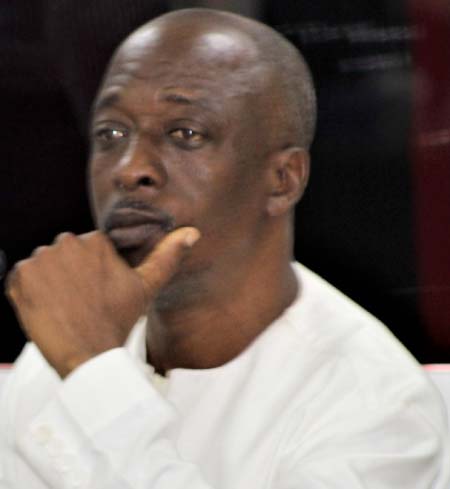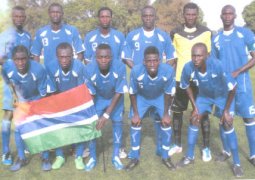
Defence
Counsel Abdoulie Sissoho on the 12 March, 2020, argued with the state counsel,
A.M. Yusuf, in the murder case involving Yankuba Touray before Justice Ebrima
Jaiteh of the High Court in Banjul on the motion filed by the defence.
Counsel
Sissoho, who is representing Yankuba Touray, informed the court that the
defence had filed a motion dated 25 February, 2020, and filed on the same day.
He stated that the motion was supported by 24 paragraphs sworn to by one
Fatoumata Camara, adding that they relied on all the paragraphs.
He
noted further that the motion was filed in pursuant to the order of the court,
and also the evidence of Alagie Kanyi about two statements he made in relation
to the death of Ousman Koro Ceesay. He
further said that the application was brought pursuant to Sections 221, 225 and
210 of the Evidence Act 1994. He then read Section 221 of the Evidence Act to
the court.
He
requested the registrar of the court to provide the court record of proceedings
of an earlier case involving Yankuba Touray in which Alagie Kanyi was a
witness. He said that the statements made by Alagie Kanyi at the TRRC could be
submitted by the TRRC.
He
argued that the documents are relevant for their defence, and they relied on
Section 3 of the Evidence Act. “We want the portion of the evidence of Alagie
Kanyi at the TRRC where he mentioned the death of Koro Ceesay so that the court
can compare his statement at the TRRC and his evidence in court,” Counsel
Sissoho told the court.
State
Counsel Yusuf opposed that they had filed in opposition to the motion filed by
the defence. He argued that paragraphs 9 and 10 of the motion of the defence
contravened Sections 91 and 92 of the Evidence Act, adding that paragraph 11 of
the affidavit in support of the motion of the defence was a legal argument. He
urged the court to expunge it because it offends Section 92 of the Evidence
Act, as well as paragraph 12.
“Paragraph
13 is misleading and the face of it is false and also offends Section 92 of the
Evidence Act, as well as paragraph 18. Paragraph 22 is a prayer and a legal
argument and cannot be cured by way of amendment because it is defective,” he
challenged.
He
urged the court to discountenance the motion of the defence because there were
no valid supporting documents in it.
The
matter was subsequently adjourned to 16 March, 2020, for the defence to reply
on points of law.


